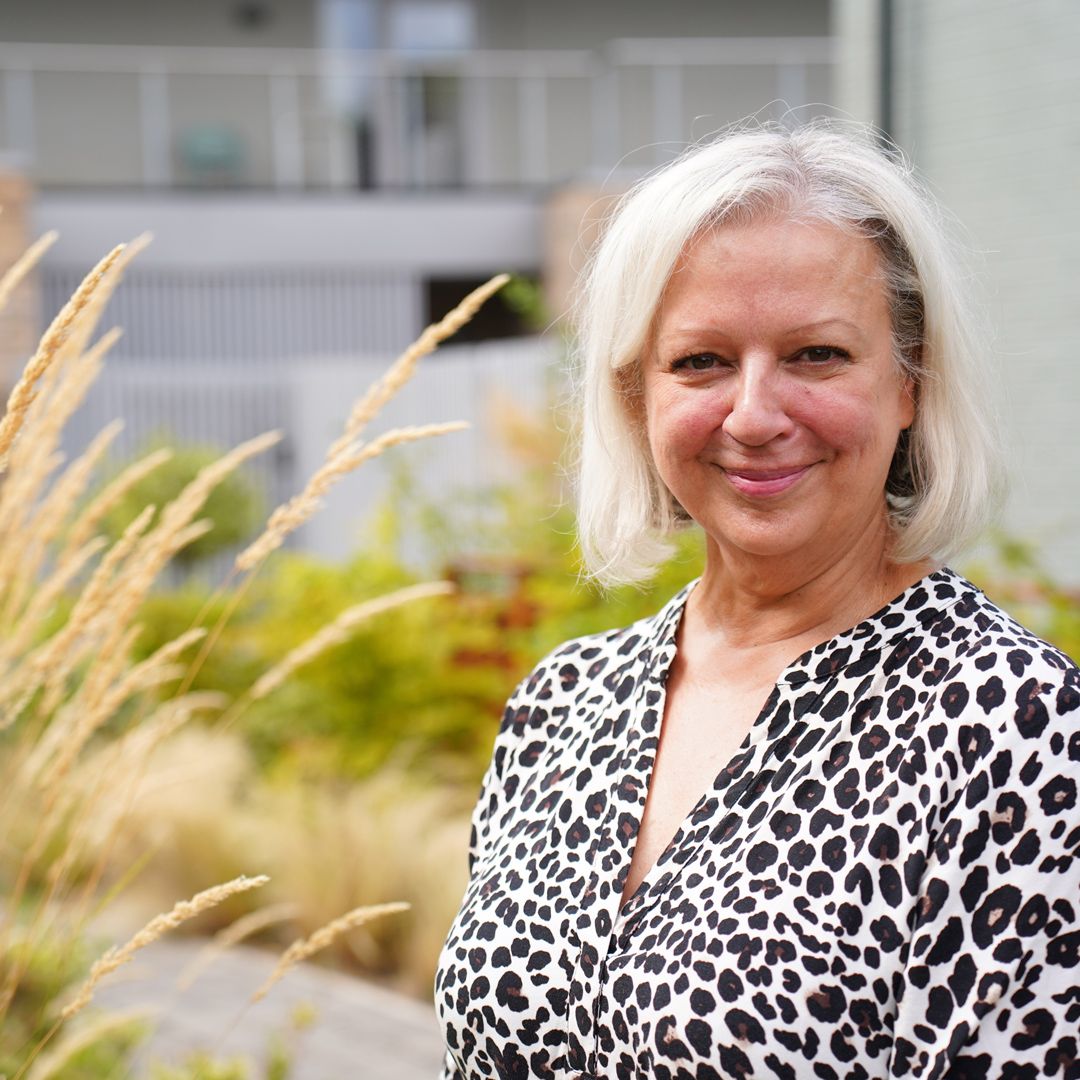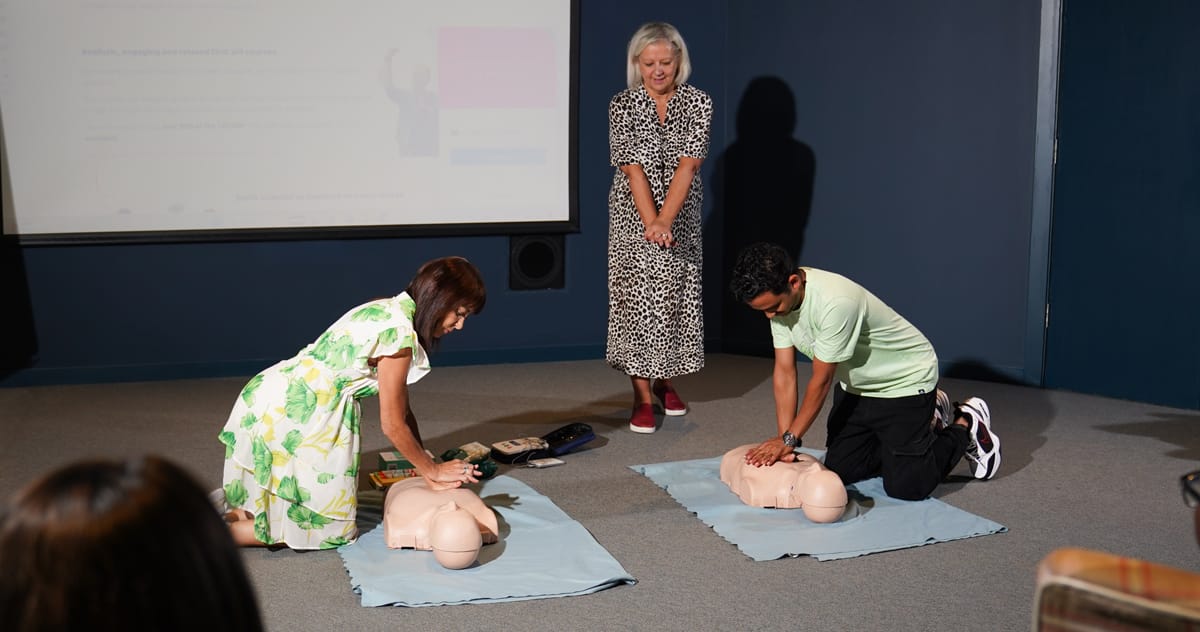Training In Dementia Care: What, Why And How?
Liz Norton, head of learning and development at Nottinghamshire care home group and dementia specialist Church Farm Care, explains how to create a learning culture where every staff member is encouraged to grow, develop their skills and reach their full potential.
Those working in the care industry will be acutely aware of how dementia affects the lives of those living with it, as well as their relatives and loved ones – and cases are rising, with a record 487,432 people diagnosed in June 2024. Giving the best care for something so complex is essential, and the key to this is comprehensive training to help raise awareness and retain experienced talent.

What?
Beyond our nurses and other clinical roles, we don’t require care workers to have already completed formal training. We are aware that a high percentage of people join the industry with no prior training, as well as the number of international staff, who bring a myriad of skills to hard-to-fill roles but with different levels of qualifications and experience.
To help these people thrive we put together a training programme that uses an overarching approach that applies to all workers. This allows us to run it across teams with different levels of skill and experience, including maintenance staff, clinical leads, those new to the industry and existing care workers. By approaching training like this, we can ensure that everyone is working in the same way and giving the best possible care.
As well as training on ways to support and offer specialist dementia care, we also incorporate a robust staff wellbeing focus into our schedule. We’ve recently signed up to Mind’s ‘Mental Health at Work’ commitment, and as part of this we have a dedicated wellbeing focus every month with an accompanying training session for staff focusing on everything from stress to grief or the effects of menopause.

Why?
Retention of staff has long been an issue in the care industry, with Skills for Care reporting a 29.6% turnover rate in care homes with nursing during the 2023/24 period.
However, evidence suggests that this can be improved with regular learning training and development – Skills for Care data also shows that turnover rate reduces by almost 10% when these opportunities are given.
Alzheimer’s Society suggests that offering training around dementia should span the entirety of the health and social care system, calling for reform with its recent report titled Because We're Human Too. This outlines the benefits of high-quality dementia training across the industry and how it would reduce strain on providers across primary, emergency, hospital and community care. By raising awareness and empowering more people to understand the warning signs, the charity also believes it will have a hugely positive impact on our local communities.

How?
Our main goal is ensuring that training is both enjoyable and accessible for all. The key to this is often simply shifting the focus to ‘why’ rather than just ‘how’. If someone is aware of why they are doing something they are likely to be more motivated than they would be if they were simply going through the motions.
We also focus on peer-to-peer training, whether in a group setting or more focused one-to-one sessions. This is supported by ‘champions’ in certain areas of the business – a role that allows us to highlight workers with certain skillsets or higher level of knowledge, creating an environment where information and knowledge can cascade down through all levels of staff more effectively.
When working with international workers, there are also ways we can make training more accessible. Government guidance outlines that all international personnel must have an appropriate level of English to practice safely and communicate effectively. However, for more complex theoretical training, knowledge can be strengthened by accessing eLearning tools in their first language to support their learning. Alongside helping people succeed at work, we also encourage them to look at long-term career pathways such as diploma level training. In addition, we provide guidance on everything from day-to-day tasks and understanding cultural norms, to support with accessing healthcare, applying for driving licenses and finding somewhere to live.
With a record number of people being diagnosed with dementia, the need for specialist care is ever growing. By creating a varied and interesting training programme that considers the needs of a diverse team, we can increase job satisfaction and create a workforce which is committed to the industry long term.
About Church Farm Care Church Farm Care homes are innovative, research led and multi award-winning. All homes are rated ‘outstanding’ and ‘good’ in all areas by the Care Quality Commission and all are rated as a band five home by Nottinghamshire County Council; the highest rating that can be achieved on the quality of care and service used by the council. Church Farm Care champions a person-centred relationship-focused approach to care which is focused on compassion, patience, kindness, empowerment. Church Farm Care follow the Meaningful Care Matters model.